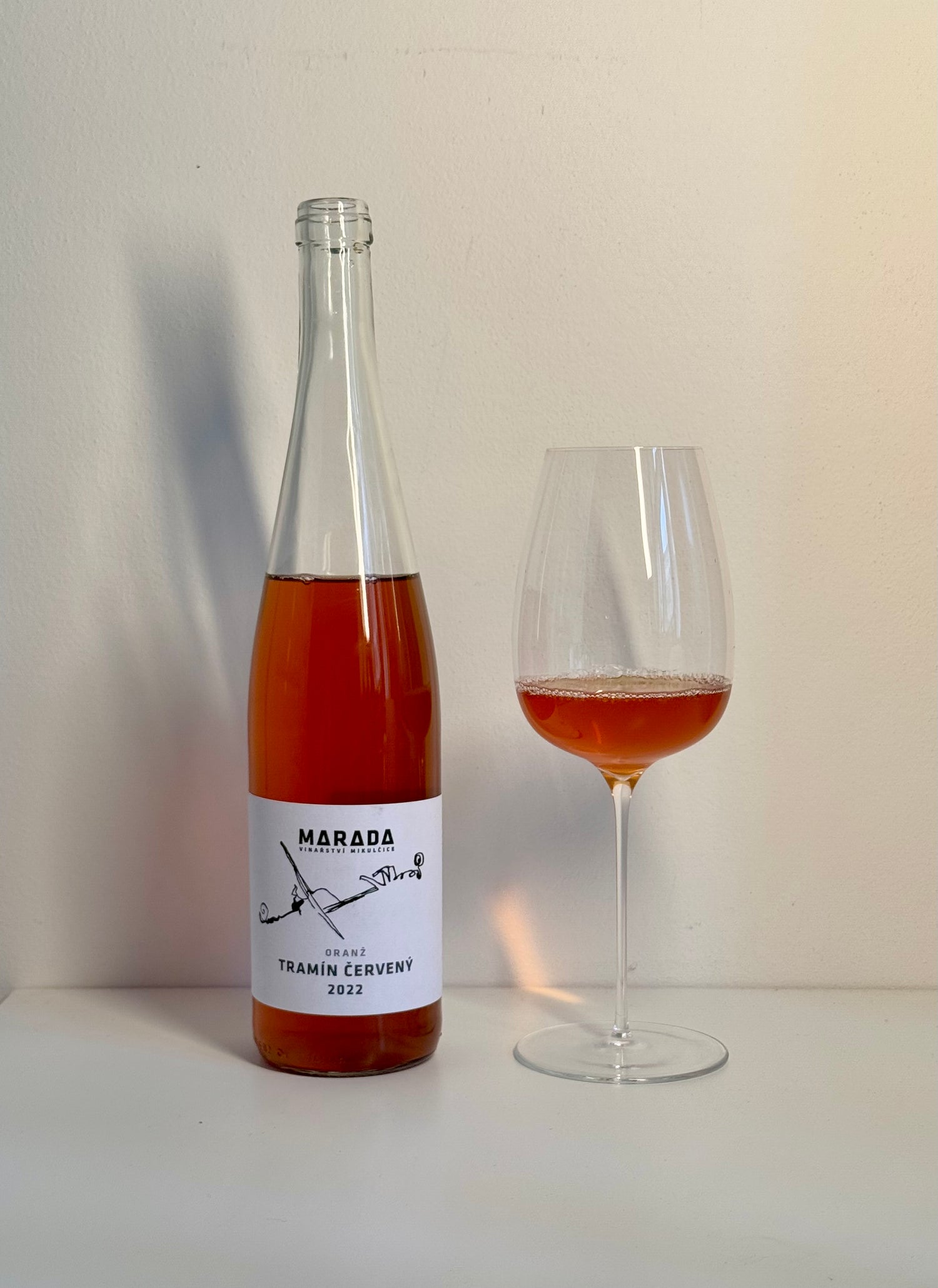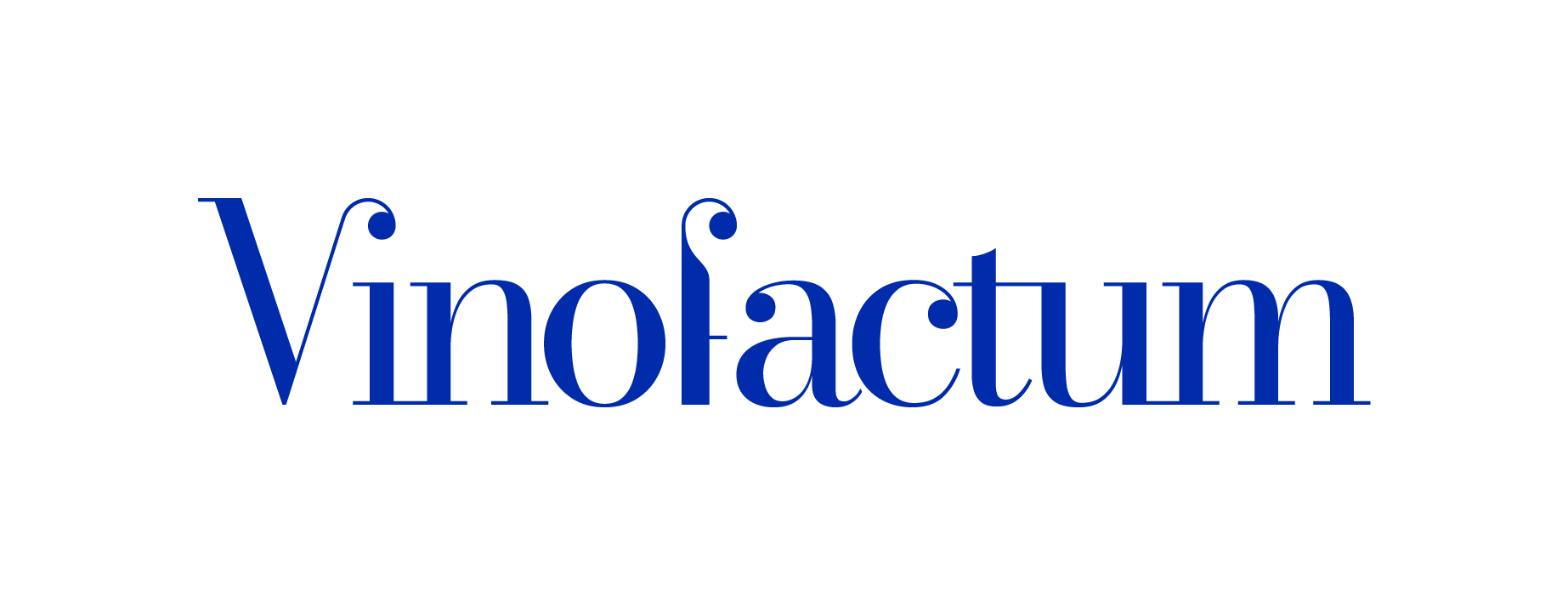Our series of interviews with inspiring women from the wine scene continues with Cha McCoy, a true inspiration to many in the wine world. Cha’s path from engineer to sommelier, event producer, wine educator, and now book author shows how passion and dedication can take many forms — and how reinvention is always possible.
Her first book, Wine Pairing for the People: The Communion of Wine, Food and Culture from Africa and Beyond, comes out this November and marks an exciting new chapter in a career already full of milestones, from being featured in the prestigious Wine Enthusiast’s 40 Under 40 list to being recognized by Wine & Spirits as a Rising Black Voice in Wine.
In this intimate interview, she reflects on her faith, the recent closing of her celebrated Syracuse-based wine shop, The Communion, and the legacy she hopes to leave behind.
Interview by Lauren Johnson-Wünscher, Berlin-based wine and food writer / Images courtesy of Cha McCoy
What is one misconception people have about what you do?
People think all I do is travel and drink wine. The industry is seen through a romantic lens, but much of my work involves social media management, which is often misunderstood even within the industry. Social media has been a useful platform for sharing my brand and projects, but it's not my source of income. I'm not a social media expert or influencer.
If you could go back to just before your shop The Communion [based in Syracuse, NY in the United States] opened and give yourself one piece of advice, what would that be?
As a Christian, I would have leaned into the direction that God was already preparing for me. Opening the store was what I felt was supposed to happen next, more than what I was supposed to do next. I was already the head of beverage for Charleston Wine of Food Festival, while pitching my first book. So, I was working on two big projects. And if I focused on just those two projects without opening the store, I would have been fine. I opened the store out of a scarcity mindset. So I felt I had to open the store, because maybe my role as beverage director wouldn’t last forever.
Maybe it wasn't the right time, maybe it should have been later. I've learned that I was supposed to open a shop, but maybe just not at that moment when I already had some important tasks right in front of me.
What was the hardest decision you ever had to make in your career?
In my wine career, both opening and closing the store was difficult. I didn’t have internal peace opening the store, and it closed the same way. I'm so used to working hard. Everybody I know works hard. So I thought this was just another hard thing to do.
I was excited about the concept and getting the education out and selling the wine and doing the work and excited to be in a new community. But the actual work that I was doing behind closed doors, paperwork, admin tasks, that wasn't exciting to me. That's a hard truth I have to live with.

You've spoken on having discernment. What other skills do you think are required to make it in the wine industry?
Endurance. Being a wine professional is very similar to making wine. You can't just make wine overnight. You have to put the vines down. It takes 3–5 years for a grafted vine to even produce fruit and even then most winemakers don’t make wine with the very first grapes. They’re probably not even making a profit. So they’re putting almost 8–10 years into their land, paying bills, and they’ve made no money because they haven't sold a thing.
No matter what your role in the wine industry is, it probably takes at least 8–10 years to feel some stability in the industry.
You have mentioned that you've had several roles within the wine industry. Is there any one role that is your favorite?
It's been interesting as a sommelier this summer for one of John Frazier's restaurants out in Long Island wine country. I haven't worked as a somm in a few years, so being able to do that has been fun. I love being able to taste new dishes and create new pairings and vibe off the chefs from the dishes that they create. I love being able to get creative and think about flavors and profiles.
I also like educating, whether I'm teaching in a corporate office about wine or teaching my students at Syracuse University. I see myself as a beverage historian and orator. So when I'm able to share my findings from my travels, whether it’s a wine region or a grape, for example, it’s always great because I got the knowledge from the source.
Is this love of being a historian part of what inspired you to write the book?
Everybody's not going to be able to come to one of my Communion pop-up wine dinners. So how do I get all of the things that I'm excited about to the masses? That was why I wanted to put a book together. I met my agent in 2018, when I had just finished speaking at a conference. She approached me and said you sound like you could write a book where you talk about your life.
But I wanted to write a book about my travels and how traveling to different places was how I got more excited about the wine industry, and how we have so much food in the world, but we're limited in how we pair it with wine.
This was not an overnight occurrence. It was just a matter of propelling the conversation of the Communion dinners and figuring out how to translate them into book format.

Food from the African diaspora is left out of the conversation, whether Caribbean or West African, et cetera. Why don’t we get the same level of “somming”?
For example, Riesling is usually the go-to pairing in a lot of training for anything that isn’t considered European food. So in the same way that you wouldn't pair one wine with all French food, why would we pair one wine with all “ethnic” food? That was my ‘why’ for the book, for the events that I do, for my shop.
That became my continuous ‘why’ and connects me back to my mission. I realized how I'm making wine accessible is through making sure people feel like they can all come to the table and enjoy wine. Wine can be present no matter what culture a dish is from.
What was the most difficult part about writing the book?
The timing. I was in a process of grieving [the loss of my father]. I actually didn't think I needed to be vulnerable to write a wine book. When I first pitched the idea, I thought it was just going to be about food and wine. And then I realized that because I was in a very sensitive part of my life, that I was vulnerable. That shows in certain chapters where I'm speaking with my family. Not that the book is sad, but I was very passionate about weaving in my own personal experiences, whether I was in Cuba, I was in Brazil, or Puerto Rico.
I name-dropped a lot in the book, but I wanted to highlight the people who I met along my journey. I didn't want it to be solely focused on ideas. I wanted to reflect on my family. My father's a very big inspiration for me and the way I live my life. So, any memories or reflections of him while grieving him in the midst of it, because he passed in the same year that I was writing the book, felt like torment at times.
Do you see yourself as a writer now? As an author?
My name is on a book that is out. I have a co-author [Layla Schlack] who worked with me on the research, but these are not her life stories. These are mine. I wanted to include wine education with my personal story in the book, even in moments that don’t seem obvious. For example, wine is not made in Cuba. But there was a cigar club, and they would always come into my store and say, Cha, what wine should we be drinking with these cigars?

And as someone who actually experienced going to the cigar factory when I was in Cuba, I wanted to include something in the book for them, too. I’ve always seen all these different connoisseurs of different things, rum, cigars, and I wanted to research it and include it.
So back to your question, do I see myself as a writer? I'm a researcher. I recognize that ethnographic work is very much part of what I do already. I just didn't have the vocabulary for it as much as I do now.
Now that I have a book out, I'm an author. I welcome the opportunity to be one and to be inducted into this coveted world. Then my second book is with National Geographic, which is called 100 Wine Journeys of a Lifetime will be coming out in 2026. I never saw this version of my wine career. I knew one day I was going to open a store. I knew one day I wanted to become a sommelier, so I envisioned that. But this is my surrender moment where I'm trusting God to take me where I should be.
Do you have any more wine-related entrepreneurial endeavors in the works?
I want to focus on wine trips that are similar to a study abroad program. It can be associated with a university or not, but the intention is that the trips would be created with education in mind. I want to connect education and history and all the things that I love.
I want to continue to do workshops and education, and hopefully more speaking engagements. I hope to create some coursework in the future that's based around the information I have in the book, as well. My upcoming book was almost for everyday consumption for everyone. But I want to put out a body of work that is more educational, like how [wine education program] WSET program put together.
WSET is not just for people that are in the wine industry. So I do hope to put something similar together. I definitely plan to lean more into education, and grow a business that’s wrapped around education, travel, and workshops.
Get inspired with more of our VinoFrau interviews
Try wines by our fearless female winemakers like Iva Měřínská, Anna Bystřická or Zdena Čačík!



